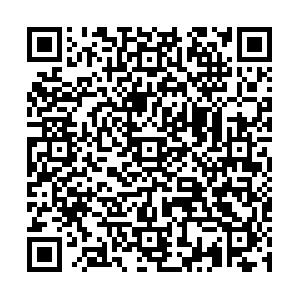Abstract:
Objective To investigate the cognition and practice on evidence-based medicine (EBM) among the general practitioners (GPs) in Beijing urban area.
Methods A proportioned stratified random sampling method was used to sample among 148 community health service centers in Beijing urban area, and 26 community health service centers and 108 attached community health service stations were surveyed. A total of 477 GPs were investigated and 439 questionnaires were available.
Results ①29.2% of the GPs were with a good understanding of the concept of EBM than other items, and relatively poor understanding of the procedures of EBM. Their understanding of EBM was significantly different among GPs with different ages, academic qualifications, licensed types, years of service and professional titles (
P<0.05). ②The GPs had a positive attitude toward EBM. Eighty-two point two percent of the GPs agreed that the best evidence might played an important role in clinical practice, 82.2% of the GPs agreed on the important role of clinical practice guidelines for individual treatment. There was a statistically difference in the attitude of the GPs with different degrees in EBM (
P<0.05). ③The GPs had a great demand for EBM. The most urgent need of GPs was to regularly participate in EBM knowledge and skills training (77.9%). Secondly, The community should provide the medical staff with the facilities for evidence-based practice (77.4%).
Conclusion GPs have gradually realized the importance of EBM, and their need for EBM is also urgent. Therefore, in order to improve the current situation of GPs in practicing EBM, we should make full use of existing resources to promote EBM.

 点击查看大图
点击查看大图



 下载:
下载:
